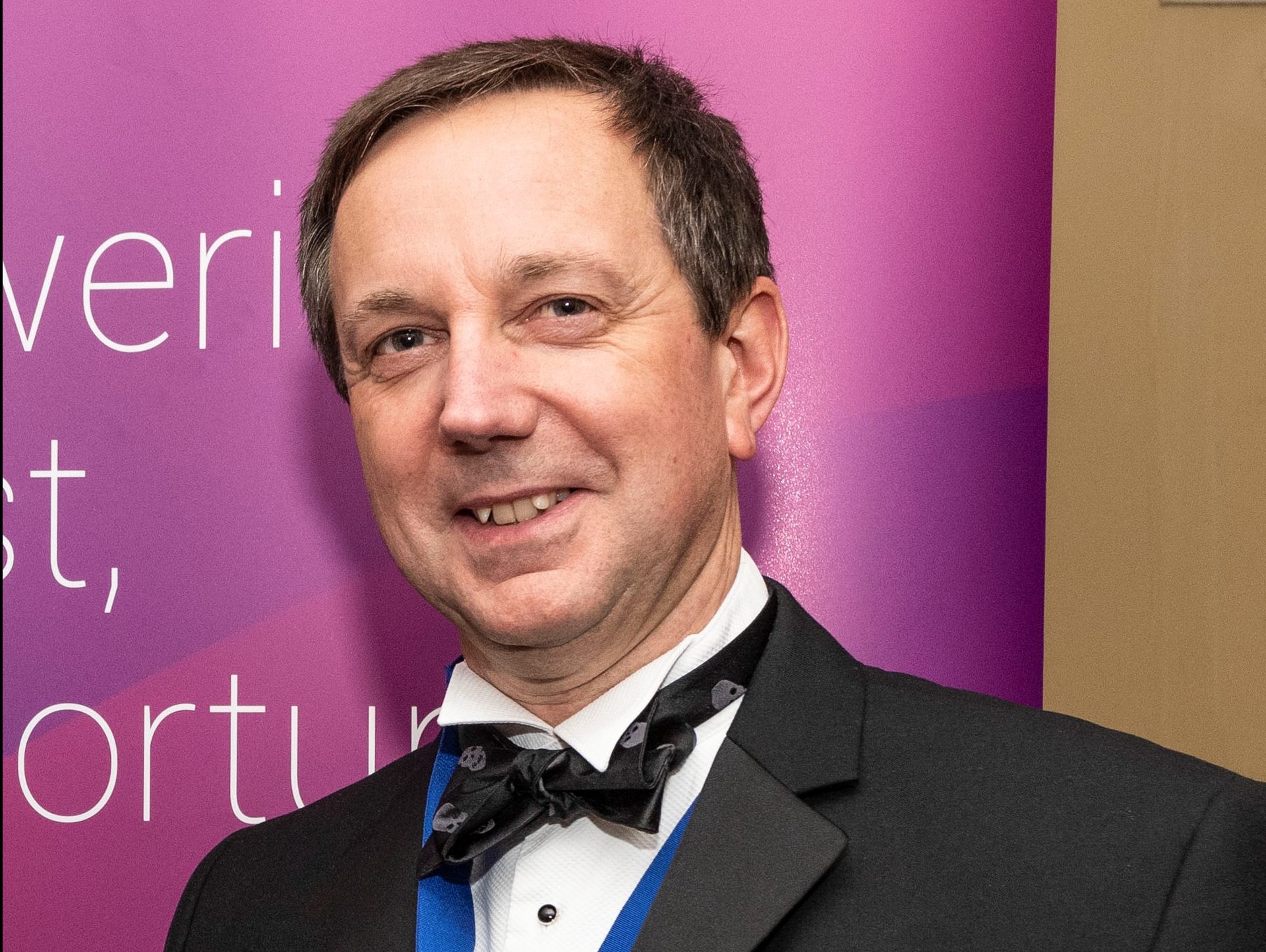The future of finance: responsibility
Nick Jackson FCMA, CGMA was elected as the 87th annual President of CIMA, and he will also serve as Vice-Chair of the Association of International Certified Professional Accountants (the Association), […]

Nick Jackson FCMA, CGMA was elected as the 87th annual President of CIMA, and he will also serve as Vice-Chair of the Association of International Certified Professional Accountants (the Association), the global accounting organisation formed by CIMA and the American Institute of CPAs (AICPA) representing over 650,000 accountants worldwide. He was quick to share his views on the future of finance, with one key term consistently getting a mention: responsibility. We take a closer look at what that might mean for accountants working today.
Accountants have a ‘vital role’ to play
Nick Jackson, an experienced digital transformation leader, began by acknowledging the impact the COVID-19 pandemic is having on the world, pushing economies and businesses to their limit:
“Although events like COVID-19 are thankfully rare on a global scale, they do present an opportunity to make positive changes. We must be leaders in showing that change is not something to be afraid of. We should take this chance to reimagine what finance provides and how we work. It’s a time: to build trust, to take responsibility, and to grasp this opportunity to deliver broader stakeholder benefits, that takes account of social, environmental and economic value.”
He continued by emphasised that finance professionals need to be agents of change and lead their organisation towards the adoption of more sustainable, responsible business practices:
“We have to move beyond simply providing insight to the numbers, to bringing more value through recommendations and follow-up action. We need to recognise that the success of a business as exemplified by the figures on a balance-sheet, have many other elements – tangible and intangible.”
The time is now
Jackson encourages accountants to look beyond immediate ups and downs in relation to quarterly accounts, which can sometimes come at the expense of employees, the environment, and ethics. He believes that the quest for short-term profitability hinders long-term growth, resilience, and performance, and that now, more than ever, we need to focus on our organisations as a whole and think in terms of years instead of quarters.
Responsible finance looks at how businesses connect long-term growth and profitability with the greater good. On a deeper level, responsible finance is how an organisation integrates all parts of its business to ensure it creates value beyond the products or services it provides.
It’s easy to see why the ideology has garnered popularity throughout the profession, given how it makes perfect sense for management accountants, who need to understand all aspects of the business — how the varying parts integrate with one another and the organisation’s objectives, and how they are likely to perform in the coming years.
Jackson highlighted some key questions that accountants should be asking to understand the full scope of their organisation to ensure it creates value beyond the products or services it provides:
- How does our brand stand up against the competition?
- Does our supply chain reflect our values and mission?
- How do we treat employees and build culture?
- How are we improving processes, so we don’t deplete resources?
Across the globe, business leaders are already taking a more holistic approach to business planning, moving beyond balance sheets and annual reports, to examine values and behaviours, risks and risk appetite, and value creation for investors and stakeholders.
Resources to help implement responsible finance
- Rethinking the business modeloffers insights from CEOs — from public and private organisations — as well as practical examples of how to measure value.
- Creating a sustainable futureexplains how sustainable development goals (SDGs) are the root of responsible finance and offers steps for creating them. SDGs focus on transparency and consider social, environmental, and developmental implications in business decisions.
- The Association’s integrated reportoutlines how the year’s accomplishments bring value to our stakeholders. Integrated reporting looks beyond the numbers and considers the value of the brand, employees, reputation, and other intangibles, revealing the interconnection of different parts of a business.
Final thoughts
Finance professionals serve as trusted advisers to their organisations and clients, and are relied upon not only to interpret data, but also to see the big picture and offer insights about how to marry the two concepts to drive prosperity. Therefore, the role of the accountant in the future depends on the ability to reimagine current functions – to go beyond simply being stewards of money, and to shape the global impact of each organisation for future generations.



